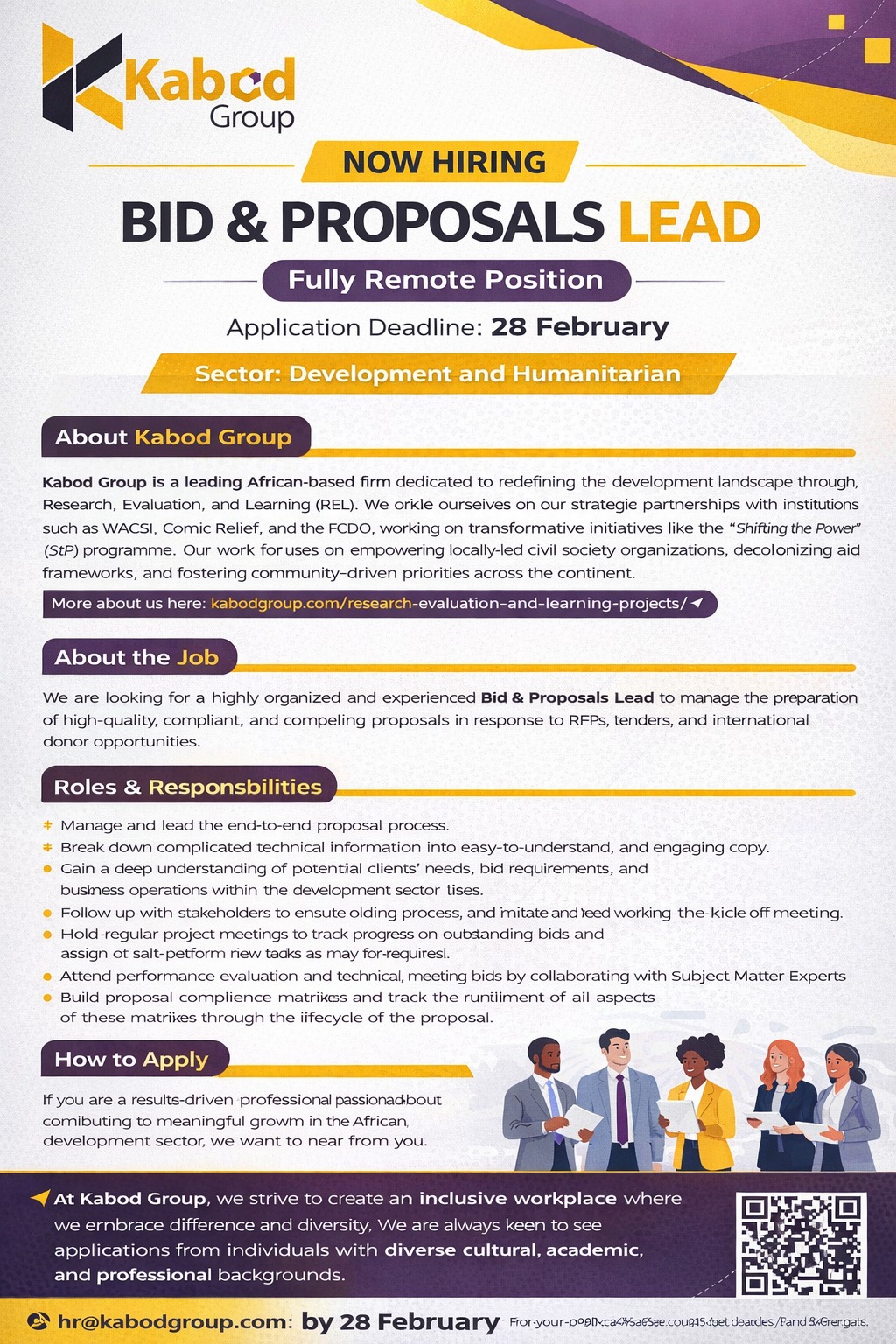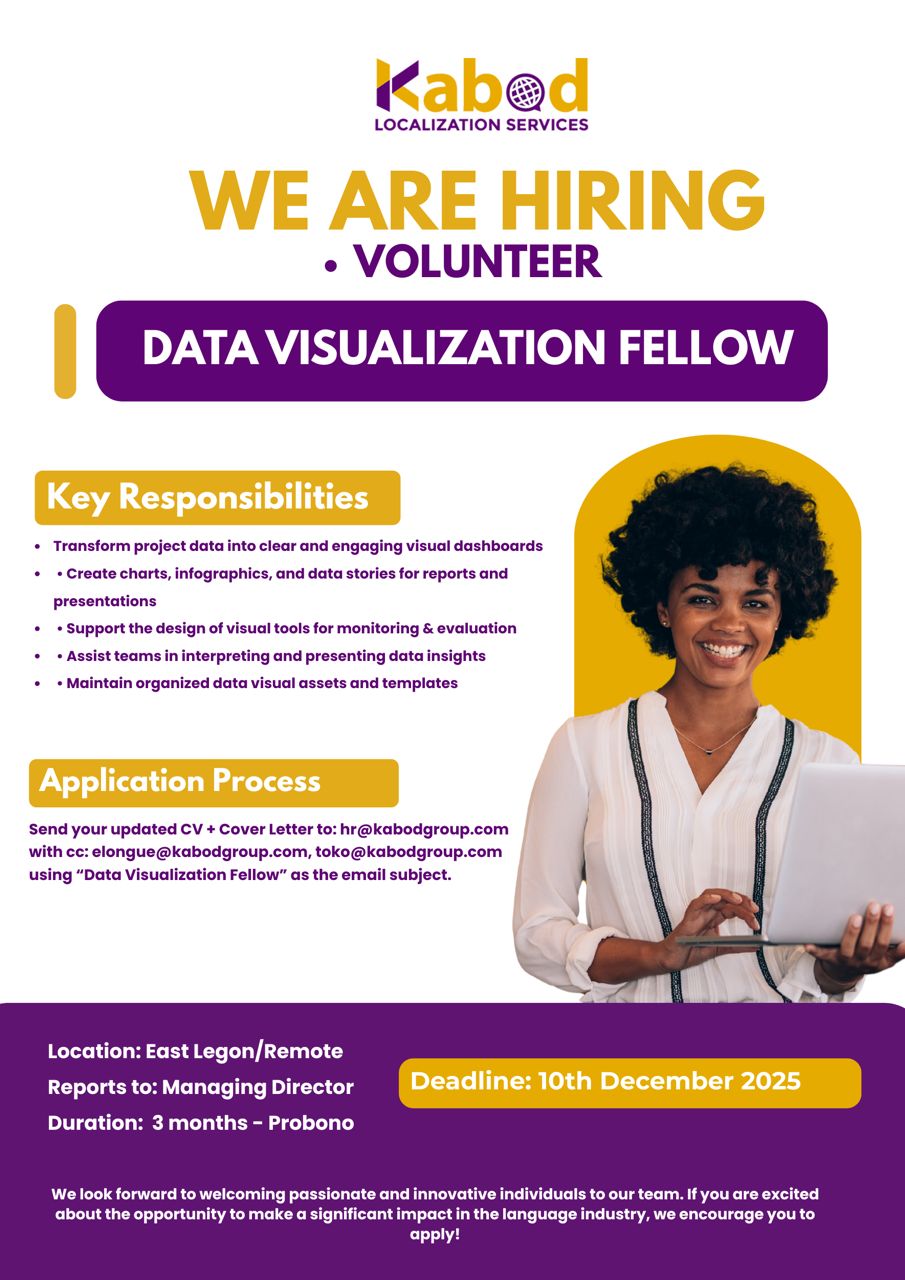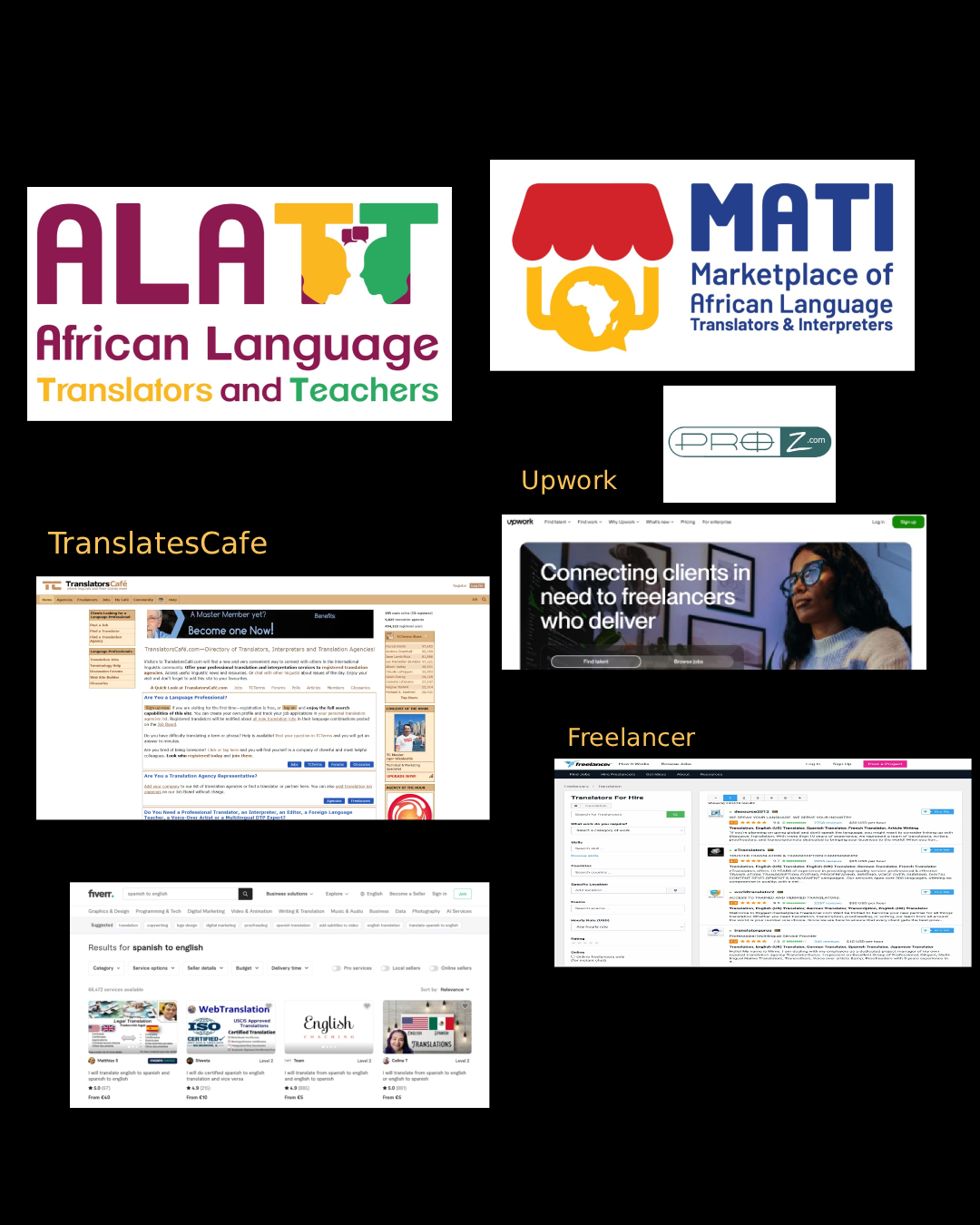There are many things that linguists can offer in the AI era. the type of input given to machines, suggesting what type could be appropriate for a given task, and showing machine learning metrics. Though there are other services, such as software testing, most of the work of linguists and language specialists is to see that the intended language is representative of and natural to the speech community.
There seems to be an under representation of Africans in developing technological language products. This is basically because there is a mismatch between language service providers and technological companies’ requirements/ job expectations. This essay aims to analyze existing challenges in what language professionals currently offer and suggest ways to improve that offer for a more productive and effective collaboration.
Key Challenges
Lack of Collaboration and Language Resources: Linguists are often treated as “laborers” rather than valued partners. Their insights into meaning, context, and culture are rarely integrated. There is inadequate collaboration between language specialists and their intended customers. Since many technology companies are interested in the data and never in how the data was acquired, they are not interested in data quality. Most of the time, linguists are always at the low end of the spectrum. They are not always catered to as part of the project but as ‘laborers’ to work and be dumped at some stages of the projects.
Lack of representation:
Many African languages are under-resourced in AI due to limited collaboration with native speakers. There’s a serious underrepresentation of linguists in tech, largely because few are trained to apply their language skills in technical environments.
Most linguistics departments in African universities are housed in the humanities, with little crossover into computer science. As a result, many linguists lack the technical training needed to work in AI or NLP projects, making them invisible to tech companies.
This skills gap means LSPs often miss out on opportunities. Tech firms, focused on marketing and speed, overlook linguists who lack tech fluency. Consequently, language providers face low pay, limited involvement, and underappreciation, while tech companies struggle with poor-quality language input due to the lack of qualified collaborators.
Without visible, skilled linguists, LSPs are often treated as second-class contributors—ignored, underpaid, or left out entirely.
Low Self Esteem: There is low self-esteem on the part of the linguists. Though applying a given course of study presumes its importance on the impact of the problem it could solve, many linguists are unaware of the power of linguistics in the AI era. Canonically, many people confuse linguists for polyglots. Most times, the low esteem is more on people who studied indigenous African languages than with those whostudied foreign languages. Though few opportunities exist for everyone studying languages, those studying African languages do not usually even carry themselves as specialists.
Real-World Implications
Tech companies may develop language tools that fail to serve their intended communities. The absence of cultural and linguistic insight results in inaccurate translations and limited usability.
Proposed Solutions
Change of Perspective: the lack of collaboration should be seen as a blessing, not a curse. Since different fields make up AI, linguists focusing on just the input of the machine should not be a problem. Also, linguists should not see themselves as less contributors because they are not creating algorithms.
Creation of interdepartmental majors and minors: if linguistics departments could be created with the intersections from computer science as seen at Carnegie Mellon University in Pittsburgh, Stony Brook University in New York and University of Arizona, then there would be more people within the tech space to understand how these fields interact and to also strengthen creating language product services.
Documentation of Data Processes: Linguists should publish methodologies for how linguistic data is collected and processed.
Awareness & Training: LSPs must be empowered to learn how their expertise fits within AI workflows.
Africa, with its vast linguistic landscape, can lead the global AI revolution — but only if its linguists are given a seat at the table.
Final Thoughts
Africa, with its linguistic diversity, holds immense value in the global AI landscape. Yet, without representation, resources, or collaboration, its languages will remain invisible in tomorrow’s technologies.
“Africa is the future in the AI era—but only if we empower African linguists to lead the way.”
Are you a linguist, translator, or African LSP with an opinion or article? Reach out to share your perspective:
📩 languages@kabodgroup.com





